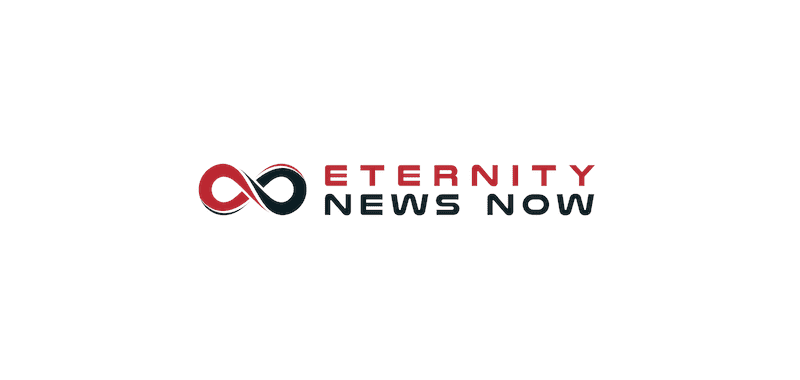As a training physician, the experience of navigating graduate medical education in today’s political landscape has introduced unprecedented adversity
Whether transitions in health policy or the continually evolving public perceptions of medicine as a field, trainees are now finding themselves at a unique crossroads where medicine, poignant societal issues, and personal morals intersect. While medicine is often influenced by policy of various forms, the current political climate, charged with intensely debated issues regarding access to care, abortion, and various public health measures, has compounded these challenges. For today’s training physician, such an environment provides both obstacles and opportunities, thereby permeating every level of our training.
One of the most fundamental challenges facing trainees today is the responsibility of balancing patient care with the ever-changing health care policies that we were not formally trained in. For instance, discussions surrounding health care access have ultimately culminated in policy changes that dictate how, where, and even if patients have access to crucial, sometimes life-saving, services. For example, Medicaid expansion has increased accessibility in some areas, though simultaneously eliminated services in others. As a result, training physicians must grapple with these moral and professional quandaries while managing patients whose clinical outcomes are directly influenced by said policies. Further, the constant evolution of policy necessitates that trainees be well-informed about not only inevitably changing clinical advancements but also legal changes that influence everyday practice.
Reproductive health care has become another contentious and increasingly politicized issue that imposes unparalleled challenges within medical training. Following the Supreme Court decision overturning Roe v. Wade in 2022, restrictions on the delivery of reproductive care have infiltrated states across the country, thereby impacting both medical education and training alike. As such, some residency training programs have resorted to limiting or even eliminating some essential types of training surrounding reproductive health care out of an abundance of caution to avoid legal implications. To that end, these changes are undoubtedly reshaping how, not to mention where, some physicians choose to practice medicine.
Another area where political discourse significantly impacts medical training is in public health, particularly regarding vaccination and preventative medicine. The onset of the COVID-19 pandemic escalated apprehension in public health guidance, culminating in worsening vaccination hesitancy. This time also underscored the rising tension between a physician’s duty to implement evidence-based principles and respecting a patient’s right to make decisions about their care, even when these choices may not align with medical advice. As clinicians, physicians are trained in balancing many ethical principles, including autonomy, though are simultaneously tasked with educating and advocating for care that has been proven to save lives. In an environment where distrust in health care can vary, physicians at the beginning of their training are often thrust into the center of the most difficult conversations early. These conversations often lie at the intersection of empathy, professionalism, and occasionally intense frustration that sometimes influences overall well-being and career satisfaction.
In addition to the aforementioned reasons, today’s political climate also has a financial impact on the modern training physician. The rising cost of attending medical school, coupled with increasing cost of living and limited compensation throughout residency, culminates in financial strain for many trainees. Oftentimes, medical school graduates are expected to move across state lines, find housing, and support their families before even having earned a paycheck. Further, loan forgiveness programs that many students and trainees had planned to pursue when applying for student loans have also become focal points of political conversation, leaving students and residents anxious about their future financial outlook. For some physicians, the eventual opportunity to practice medicine in underserved communities hinges on the availability of these very programs. With thousands of dollars of educational debt, along with sacrificing their youths to train in medicine, training physicians are now forced to weigh idealism against pragmatic concerns when considering future career prospects.
While the weight of the challenges appears substantial, the current political landscape is also peppered with opportunities for physicians to evolve in both leadership and advocacy while striving to make important changes in the field. Medical training is notorious for being both time-intensive and rigorous, though navigating the tumultuous political climate allows opportunities to stay grounded in principles such as empathy and compassion that likely drew trainees to medicine in the first place. Although arduous, this period may prove to be an inspiration to an evolving generation of physicians who are evermore committed to ensuring change while advocating for the well-being of not only patients but themselves.
Emma Fenske is an internal medicine resident.

